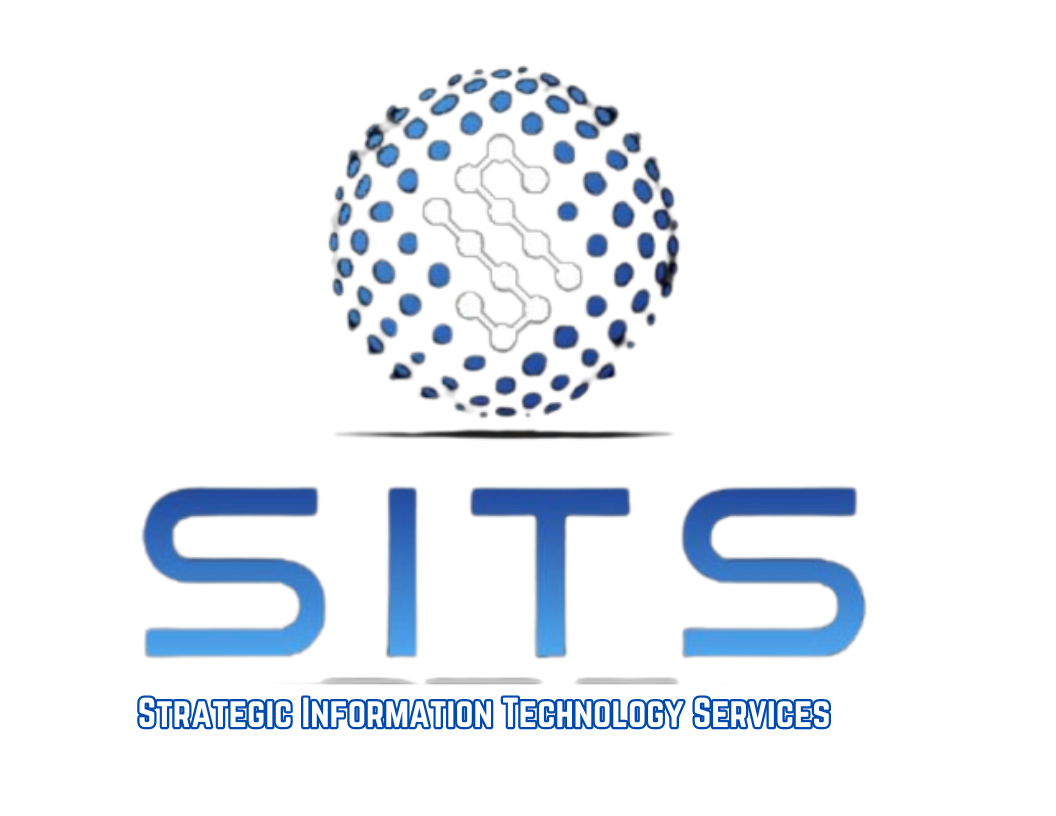IT Disaster Recovery Planning: The Key to Ensuring Business Continuity
2023-11-30A Guide to Data Privacy Compliance: What Businesses Need to Know
2023-12-04Understanding the Basics of Cloud Computing for Business
Introduction
In today’s rapidly evolving business landscape, technology plays a pivotal role in enhancing efficiency, scalability, and competitiveness. One of the most transformative advancements in the realm of technology is cloud computing. For businesses of all sizes, understanding the basics of cloud computing is essential to harness its full potential. In this blog post, we’ll delve into the fundamentals of cloud computing and explore how it can benefit your business. Welcome to Strategic I.T. Services’ guide to the cloud!
What Is Cloud Computing?
At its core, cloud computing is a technology that allows organizations to access and use computing resources over the internet, rather than relying on physical, on-premises servers and infrastructure. These computing resources include servers, storage, databases, networking, software, analytics, and more. Instead of purchasing and managing these resources themselves, businesses can rely on cloud service providers to deliver them on-demand, usually through a pay-as-you-go pricing model.
Benefits for Businesses
Cost Efficiency:
Cloud computing eliminates the need for large upfront capital investments in hardware and infrastructure. Businesses can scale their IT resources up or down as needed, paying only for what they use. This flexibility reduces both capital and operational expenses, making it an attractive option for businesses of all sizes.
Scalability:
The cloud offers unparalleled scalability. As your business grows, you can easily add more computing power or storage capacity without the hassle of purchasing and setting up physical hardware. This agility enables you to adapt to changing business demands swiftly.
Accessibility and Collaboration:
Cloud-based applications and data are accessible from anywhere with an internet connection. This facilitates remote work, collaboration between teams, and access to critical business resources on a global scale. Collaboration tools like Google Workspace and Microsoft 365 are prime examples of cloud-based solutions that enhance productivity.
Reliability and Disaster Recovery:
Reputable cloud providers operate data centers with robust security measures and redundancy to ensure high availability. This minimizes the risk of downtime and data loss due to hardware failures or disasters. Many cloud providers also offer backup and disaster recovery services to further safeguard your data.
Automatic Updates and Maintenance:
Cloud service providers handle routine maintenance, software updates, and security patches. This frees up your IT team from these time-consuming tasks, allowing them to focus on strategic initiatives that drive business growth.
Security:
Cloud providers invest heavily in security measures to protect their infrastructure and customer data. While security is a shared responsibility, with both the provider and the customer playing a role, cloud services often include robust security features such as encryption, identity and access management, and threat detection.
Types of Cloud Computing
Infrastructure as a Service (IaaS):
IaaS provides virtualized computing resources over the internet. Businesses can rent virtual machines, storage, and networking components, giving them full control over the operating system and software stack. Popular IaaS providers include Amazon Web Services (AWS), Microsoft Azure, and Google Cloud Platform (GCP).
Platform as a Service (PaaS):
PaaS offers a higher level of abstraction, allowing developers to focus on building and deploying applications without worrying about underlying infrastructure. It includes development tools, databases, and application hosting. Examples of PaaS providers include Heroku and Red Hat OpenShift.
Software as a Service (SaaS):
SaaS delivers fully functional applications over the internet on a subscription basis. Users can access software like email, CRM, or project management tools through a web browser. Prominent SaaS providers include Salesforce, Dropbox, and Zoom.
Conclusion
Cloud computing has become an indispensable part of modern business operations, offering numerous benefits such as cost efficiency, scalability, accessibility, and enhanced security. As businesses continue to embrace digital transformation, understanding the basics of cloud computing is essential for staying competitive in today’s fast-paced market.
At Strategic I.T. Services, we are committed to helping businesses harness the power of cloud computing. Whether you’re looking to migrate to the cloud, optimize your existing cloud infrastructure, or enhance your cybersecurity posture, our team of experts is here to assist you on your journey to success. Don’t miss out on the transformative potential of the cloud—contact us today at Strategic IT Services to learn more!
Sign up for our twice-monthly newletter and be notified when a new blog post or event is happening!
